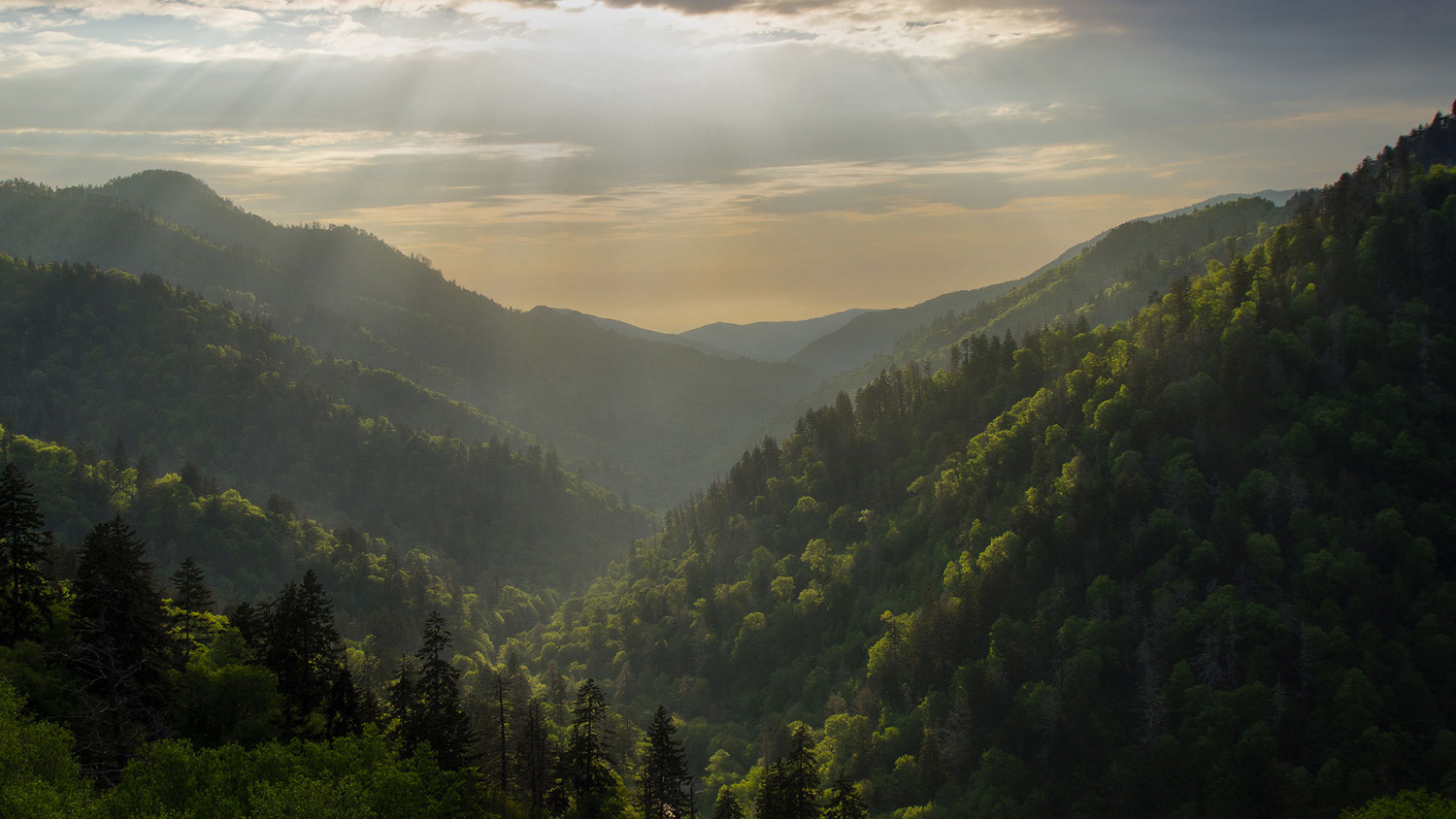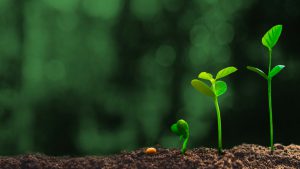We know that our customers want to see what we’re doing to increase our sustainability and help the environment. In May, we planted over 1900 trees, as well as helped to fund two projects.
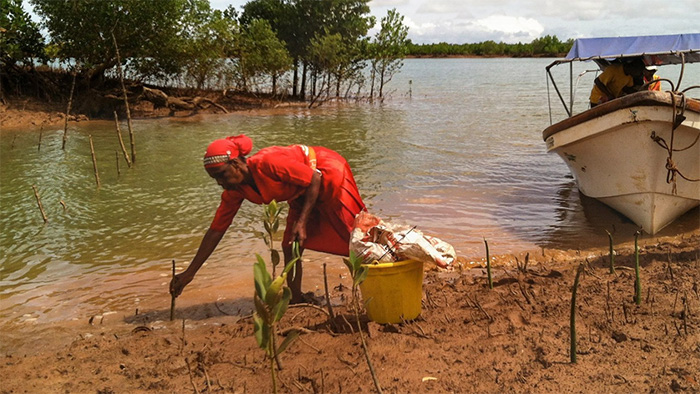
Over 980 Rhizophora mucronata planted in Madagascar
We purchase trees through two websites – tree-nation and Ecologi. Tree-nation provides us with the trees we plant as part of our Web Hosting and Managed WordPress packages, and Ecologi works to offset the carbon footprint of our employees.
Through both of them, we planted 984 Rhizophora mucronata, or red mangroves – 750 were planted for our hosting packages, and 204 were planted as part of our employee offset. We also received 30 extra red mangroves from Ecologi as a thank you for referring other people, so thank you for signing up!
Red mangroves (also known as loop-root or Asiatic mangroves) are smaller mangroves that grow well in places subject to daily tides. As part of the Eden Reforestation Project, they will help prevent erosion along the estuaries and coastal areas of Madagascar, as well as providing jobs and protecting wildlife in the area.
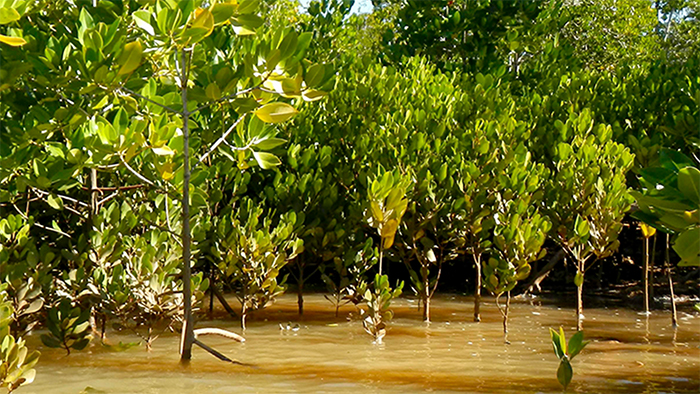
Over 200 Avicennia marina also planted in Madagascar
As part of our Ecologi employee offset, they also planted 204 Avicennia marina, also known as the grey or white mangrove. These also grow well in areas that have daily tides, making it perfect for estuaries and helping prevent erosion.
Working with the Eden Reforestation Project, Ecologi has their own planting area in the north-west of the island, near Marataola, and are planting their first two million mangroves there.
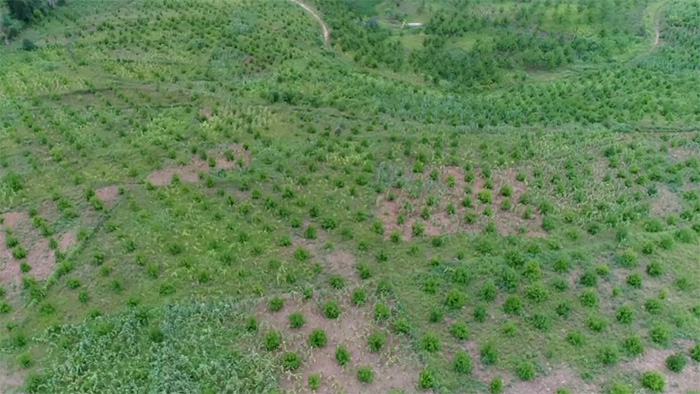
750 Croton megalocarpus planted in Tanzania
We wanted to spread out our tree planting this month, and Tree-nation had a fantastic project in Tanzania. The Usambara Biodiversity Conservation project is helping to reverse the deforestation in the Eastern Arc Mountains rain forest, as well as providing jobs and education in the area. As part of our planting for hosting packages, we planted 750 Croton megalocarpus (also known as Croton trees).
Croton trees are fast growers, reaching up to 36 metres high, as well as being drought-resistant. Their wood is also termite-resistant, making it great for building, and their nuts are now being used in the creation of biofuel, with the byproducts from the biofuel also being used as animal feed. And each tree offsets a whopping 400kg of CO2 in its lifetime!
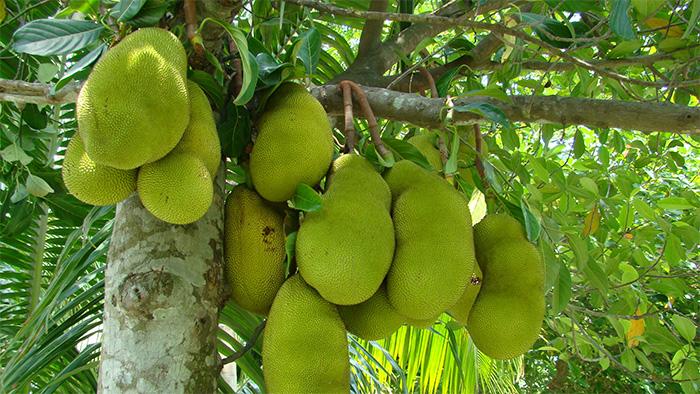
5 Artocarpus heterophyllus trees planted in India
We ran a competition for our customers, asking them to follow our Twitter and Facebook pages, and as part of the prize, the winner received 5 Artocarpus heterophyllus trees planted as part of the Trees for Tigers project in India.
Artocarpus heterophyllus is more commonly known as the jackfruit tree, producing delicious fruit and nuts that are eaten around the world. The trees are also great for producing wood, as it’s termite-resistant.
The Trees for Tigers project is hoping to plant 50,000 trees on the edges of the Similipal National Park at Jamukeshwar, which will help improve the habitat and provide a buffer for wildlife between the human population and the national park, especially for the tigers who live in the park. With these 5 jackfruit trees, we are helping to keep the tigers safe and provide good food to the villagers in the area.
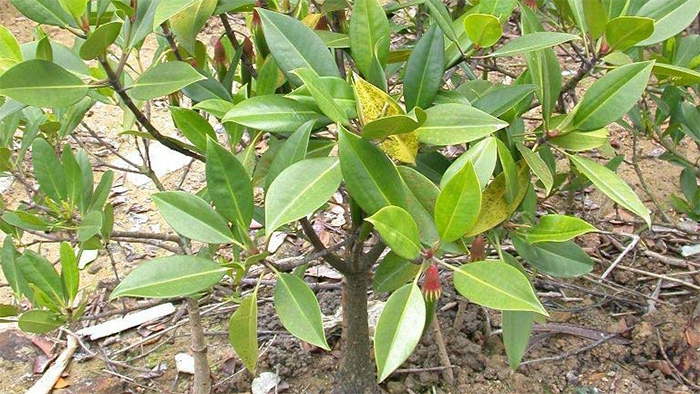
1 Bruguiera gymnorhiza planted in Madagascar
And finally in our tree planting, we have one tree planted every month by Tree-nation to offset the carbon emissions of our website. This month, they planted a Bruguiera gymnorhiza, or black mangrove, as part of the Eden Reforestation Project.
Black mangroves are larger than their red or grey cousins, and can grow up to 35 metres in height. They grow best in river estuaries, where there’s saltwater as well as freshwater, and help to prevent further erosion.
With each mangrove we plant, we’re helping Madagascar recover from massive deforestation.
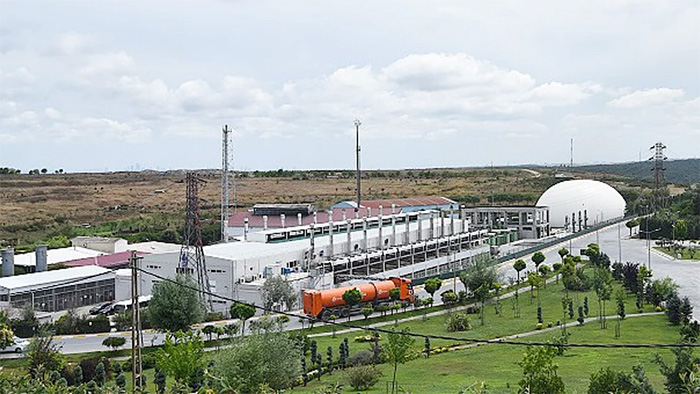
Funding landfill gas extraction in Istanbul
As part of our employee offset, Ecologi also helped to fund a large-scale landfill gas reclamation project on the outskirts of Istanbul, Turkey. Capturing methane gas from two large landfill sites, the project uses it to power turbines, which then feed electricity into the national grid, providing enough clean and affordable electricity for over a million homes.
With these plants, the equivalent of 1,500,000 tonnes of CO2 is prevented from entering the atmosphere every year.
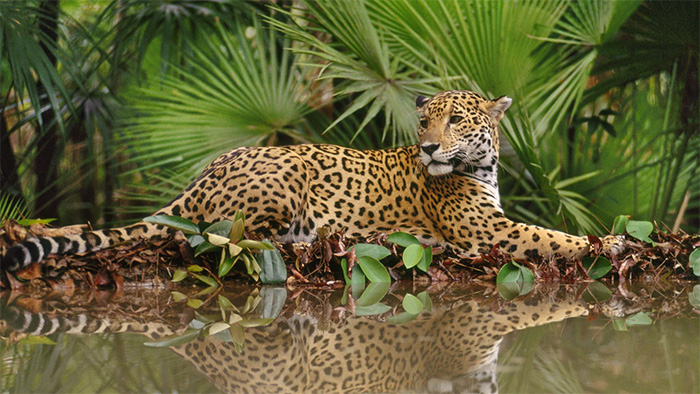
Protecting the rainforest from deforestation in Peru
Ecologi is also funding the REDD+ project to help protect over 98,000 hectares of Amazonian rainforest in the Madre de Dios region of Peru. Ensuring long-term conservation and sustainable management of the forest, REDD+ (Reduce Emissions from Deforestation and Degradation) projects work with local smallholders to prevent unsustainable clearcutting of forests.
Through these smallholders, we’ll help prevent nearly 660,000 tonnes of CO2 from entering the atmosphere each year, as well as protecting the Amazon and the vast variety of wildlife that survives around it.
Our impact
Through these projects over the past month, we’ve managed to reduce our carbon imprint by over 330 tonnes, making it over 480 tonnes from the beginning of this year! That’s the equivalent of nearly a full 1.5 kilometres square of sea ice saved.
We’ll be keeping you up to date with how we’re doing each month through our blog, and we hope that you’re as excited about our carbon offsets as we are.
